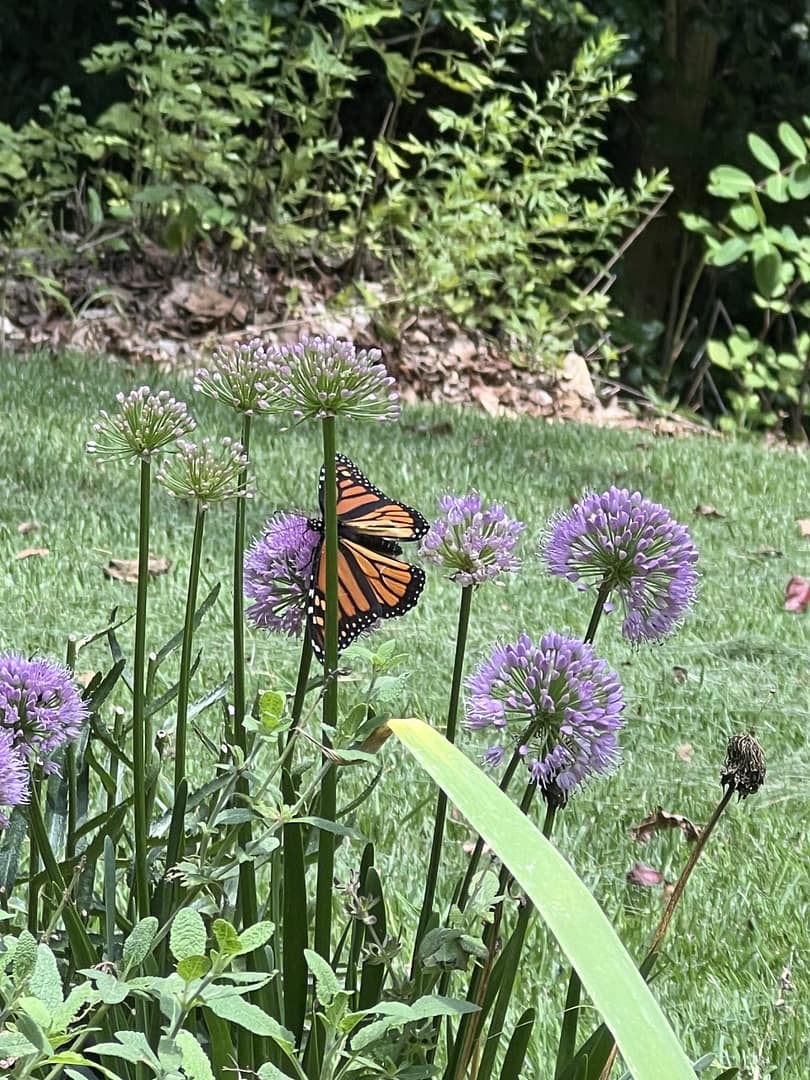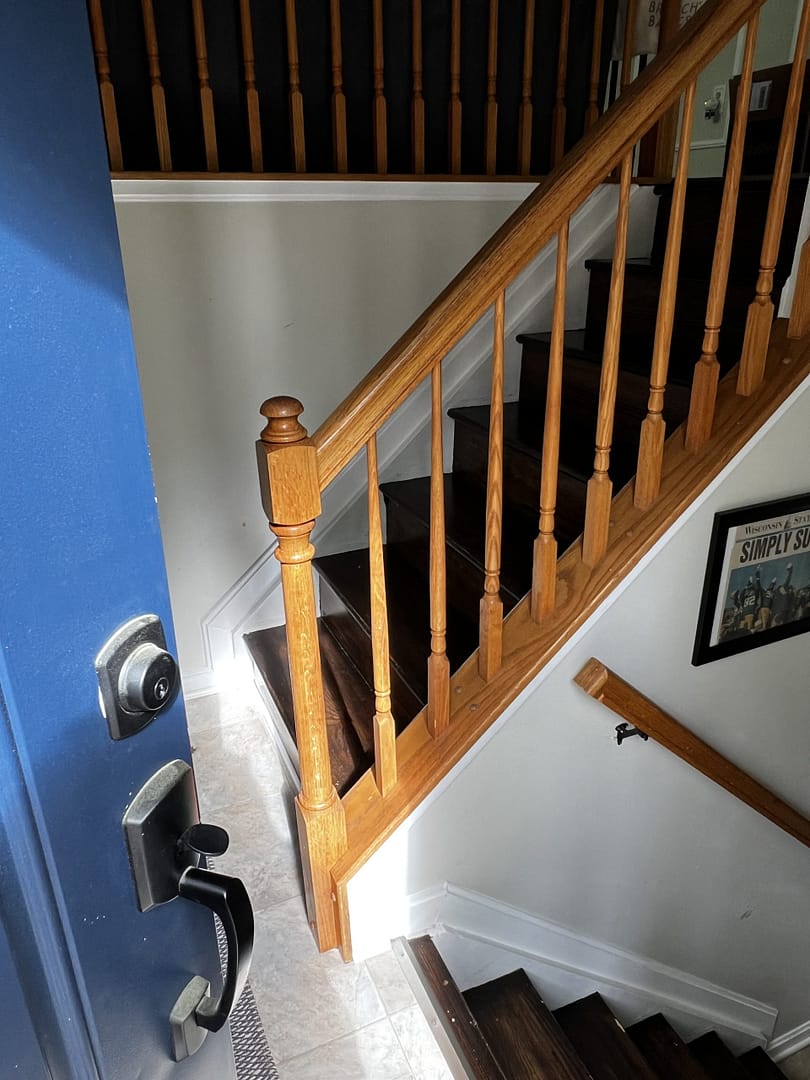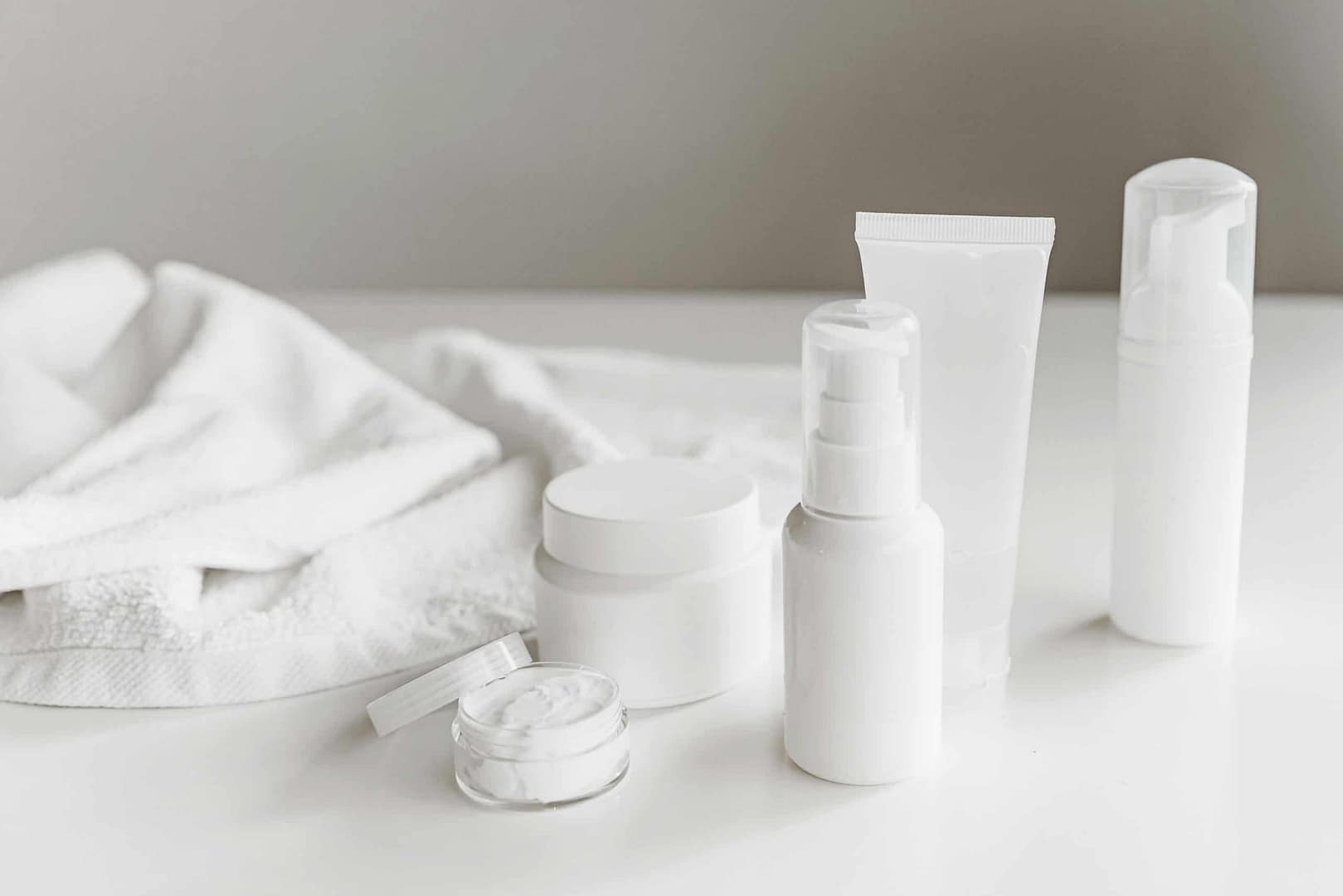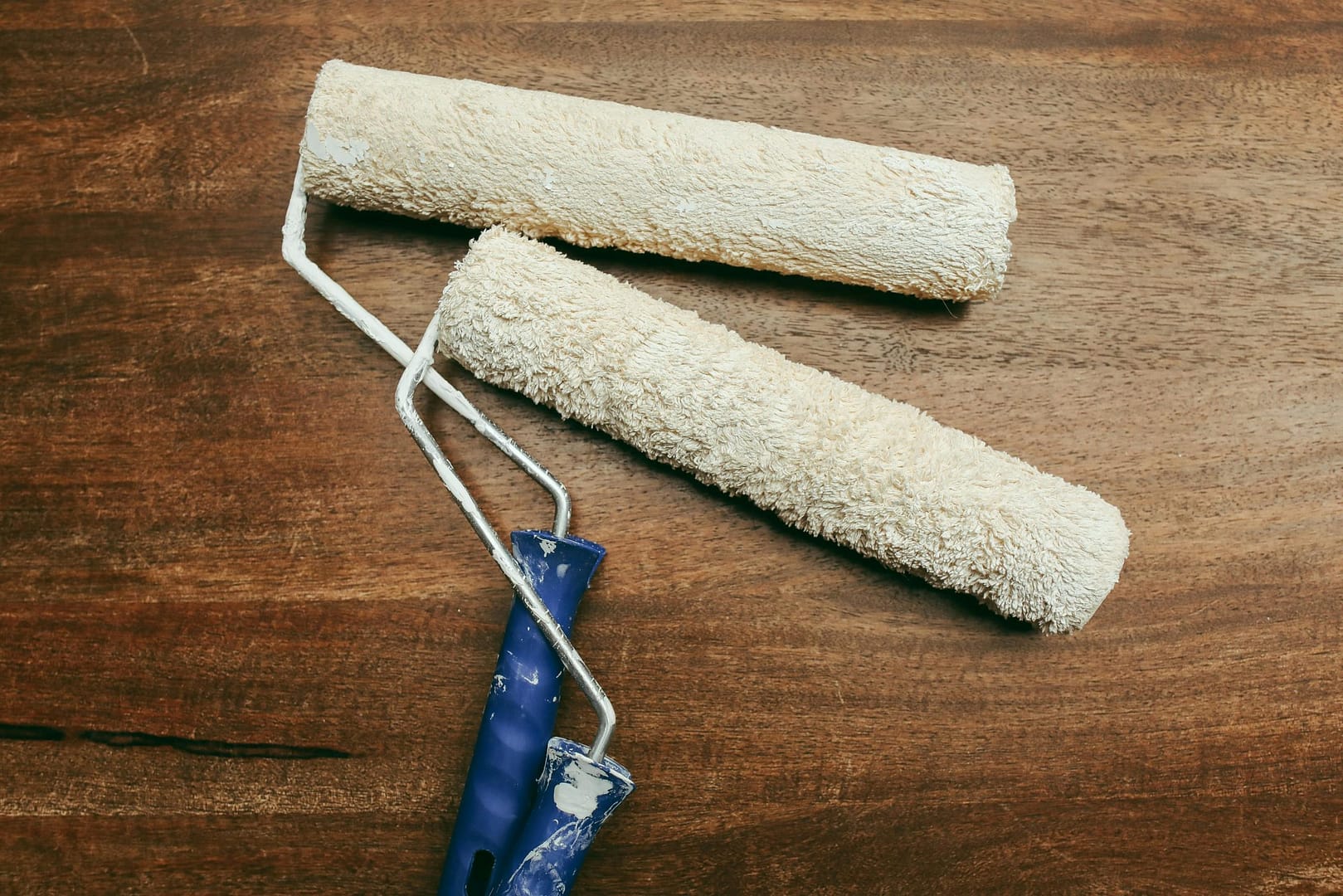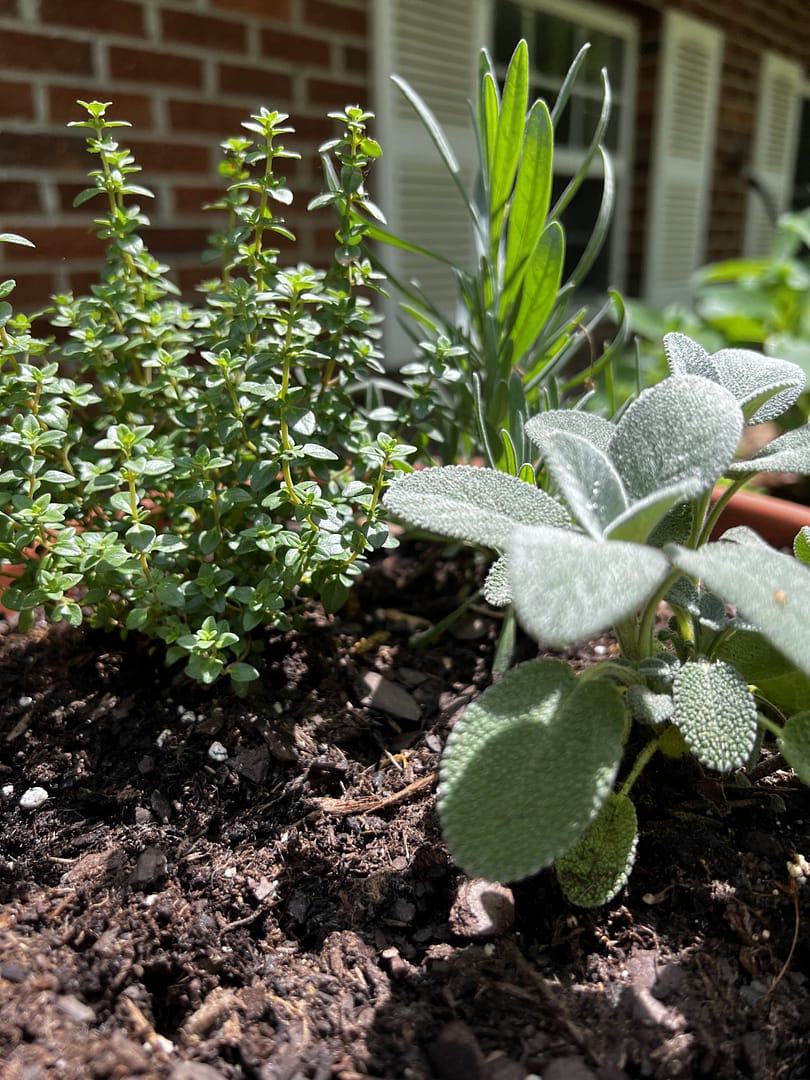Watery eyes, runny nose, and shortness of breath—three symptoms often associated with allergies or a cold. But what if I told you that fragrance should be added to the list of suspects when it comes to these reactions? The 34.7% of people who report health issues related to fragrance would instantly believe it (UCLA), which is why creating a fragrance-free home isn’t just a lifestyle preference—it’s a health-supportive choice.
Unfortunately, I’m one of them—but I didn’t always become a mess of sinus explosions after a scent breezed by. As a teenager, I had a perfume collection that would’ve made my grandmother proud. It wasn’t the quintessential Chanel No. 5 that lived in her pores, but I was ‘happy’ with my Clinique. Over the years, my personal scent tolerance pendulum has swung in the complete opposite direction—no scents, any time, anywhere, or it’s headache central. While a fragrance-free home is still a work in progress, I’ve learned that each intentional swap brings more calm, more clarity, and more room to breathe—literally and figuratively.
We live in a world where the smell of “clean” has been bottled, branded, and sprayed into every corner of modern life. From laundry detergents to plug-in warmers to scented trash bags, the idea that a home should smell like something—usually something floral, fruity, or freshly laundered—has become almost automatic. But what if the very products promising peace are actually agitating our nervous systems? This post isn’t about shame or fear. It’s about awareness, about options, and about slowly reclaiming your space as a place of rest—beginning with what you breathe and learning to embrace a fragrance- free home.
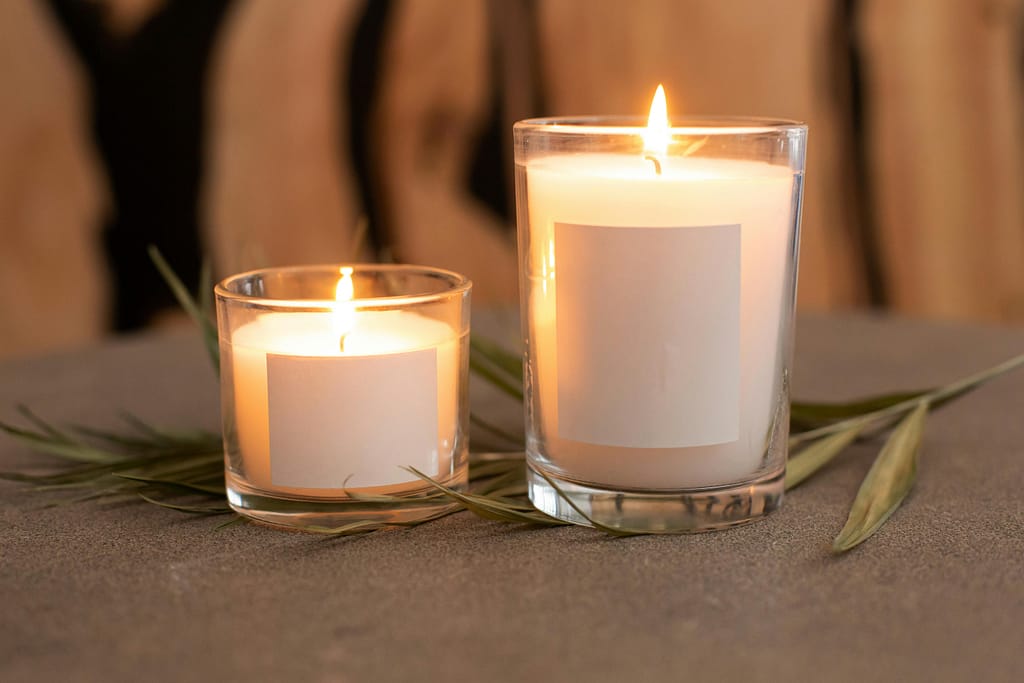
What Exactly Is Fragrance?
As a nurse and someone on a personal journey toward a healthier home, I’ve seen the science and lived the symptoms. Fragrance isn’t just a preference—it’s a stressor. But what exactly is “fragrance?” Let’s start there: “Fragrance” or “parfum” on a label doesn’t mean lavender petals or fresh citrus zest. It’s an umbrella term that can legally hide up to 3,500 different chemicals, many of which are proprietary and undisclosed.
Some of the most common culprits include:
- Phthalates – used to help scents “stick” to skin or fabric
- Benzene derivatives – known carcinogens
- Synthetic musks – hormone disruptors
- Volatile Organic Compounds (VOCs) – contribute to indoor air pollution
Fragrance and the Nervous System
Perfume wasn’t the first thing I stepped away from due to my reactions to fragrance. In nursing school, we weren’t allowed to wear it, and after working in a hospital for many years, that habit never returned. No—the real wake-up call came from the cleaning products I used to love. That “just-cleaned” scent always felt like proof the germs were gone, the room was safe, and the job was done.
But one fateful day, after scrubbing down my bathroom, I developed the worst sore throat I’ve ever had. (It turned out to be COVID, but that’s a story for another time.) What mattered in that moment was the realization: What exactly happens to our bodies when we breathe this stuff in?
From a physiological standpoint, here’s what happens when you inhale synthetic fragrance:
- The olfactory nerves in your nose carry scent signals straight to the limbic system—the part of your brain that processes emotions, memories, and mood.
- Synthetic fragrances stimulate this system, not softly but often aggressively, especially in people who are sensitive or chronically exposed.
- The result? Many people experience headaches, anxiety, brain fog, respiratory irritation, or deep fatigue in response to these invisible compounds.
As a nurse, I was trained to look at symptoms holistically. If a patient came in with headaches, skin rashes, fatigue, or sinus issues—we’d rarely think to ask, “What’s in your air?”
…But maybe we should.
Why This Matters for Home Wellness
While I can’t currently blame the brain fog I’m experiencing while writing this post on scents in my home, I can tell you this: your home should be a nervous system reset zone—not just another source of constant stimulation.
As I’ve moved further away from scented products, I’ve noticed real changes. Fewer headaches. Less asthma irritation. More moments of clarity. But I’m not going to lie—this transition hasn’t been easy. There’s something strange about wiping down a counter and not being hit with the sharp, fake aroma of lemon. And honestly? The hardest part has been candles. I stopped burning candles a couple of years ago, but it’s still a struggle. I used to love the cozy glow and the nostalgic warmth of a cinnamon Christmas candle. Letting go of that ritual has been surprisingly emotional. On days when I just can’t resist, I use a candle warmer lamp instead—it lets me enjoy the scent without the smoke or combustion, and I can control the temperature to keep the aroma softer and less overwhelming.
We talk so much about clean eating, clean water, clean products—but clean air often gets ignored. And yet, according to the EPA, indoor air can be two to five times more polluted than outdoor air. A lot of that comes from:
- Cleaning sprays
- Candles
- Air fresheners
- Laundry products
- Personal care products
Removing synthetic scents is one of the fastest and most powerful ways to improve your indoor air quality—and by extension, your physical and emotional health. It’s not about creating a sterile space. It’s about creating a space that lets your body rest, recover, and breathe easy.most effective ways to lower your overall exposure load—especially if you’re dealing with chronic fatigue, hormone imbalance, migraines, or burnout. There’s power in a fragrance-free home.
Fragrance-Free Home Doesn’t Mean Empty
There’s a misconception that going fragrance-free means your home will be sterile or soulless. But here’s the truth: once you remove the chemical fog, your real home emerges. You begin to notice:
- The clean scent of sunlight through linen
- The grounding smell of wood floors
- The herbal traces of a peppermint or tea tree cleaner
- The warmth of clean laundry dried in the open air
- The gentle scent of horses or hay drifting in from the barn…ok, I’m still waiting on this one to become a reality since my horse lives at a boarding facility- but a girl can dream!
This isn’t about living in a vacuum—it’s about letting the natural scent-scape of your home return.
How to Start Swapping Fragrance Out
My cleaning routine has a bit of a multiple personality disorder—even on a good day. I’m always switching up when I clean, how often, and which room I start in. But honestly, that chaos works with my unpredictable work-life schedule. One thing I do stay consistent with? I only bring out the heavy-duty chemical products—like Lysol—when someone’s been sick or it’s time to deep clean the toilet. The rest of the time, I experiment with cleaner alternatives, rotating through different products to see what I genuinely like.
Take laundry detergent, for example. It took me a full month of washing clothes with Molly’s Suds before I actually started to like it. Maybe my machines had to detox, or maybe my senses just needed time to adjust. But now? I can’t imagine going back.
This process doesn’t have to be all-or-nothing. The key is to start with what you use most often—and what sits closest to your body and environment:
- Personal Care
From shampoo to lotion to makeup, synthetic fragrance is everywhere. Don’t panic—just start reading labels and swap items as they run out. - Laundry Detergent
Your clothes touch your skin all day long. Switch to fragrance-free or naturally scented options first. - Air Fresheners & Candles
Consider beeswax candles, an essential oil diffuser, or simply cracking a window. Clean air doesn’t need perfume. - Cleaning Products
Choose brands that fully list their ingredients and use plant-based or no added scent.
But I Like Things to Smell Nice…
That’s valid. Smell is a powerful sensory experience—and going fragrance-free doesn’t mean giving up on pleasure or comfort. In fact, scent can still be a tool for calm, if we’re intentional about it.
For me, there’s a smell that belongs entirely to horses—one that could easily be classified as soothing. And I might be out of my mind, but I think any horse person would agree: some horses smell terrible, but others? They smell like home. It’s in that little dip right above their nose, the soft, fuzzy spot where you’re just shy of being sneezed on. Next time you’re near a horse, get in there and take a whiff—just make sure you check for mud first.
Of course, I don’t want to bring that smell into my house. But after 30 years around horses, that scent grounds me. And that’s exactly the feeling I want my home to offer: soothing, not stimulating.
So instead of artificial fragrance, I lean into small rituals that create natural, calming scent experiences:
- A few drops of essential oil (lavender or eucalyptus) in the shower drain
- Hanging bundles of eucalyptus or rosemary in the bathroom
- Simmering orange peel and cloves on the stove in winter
- Opening the barn doors and letting in the smell of earth and horses
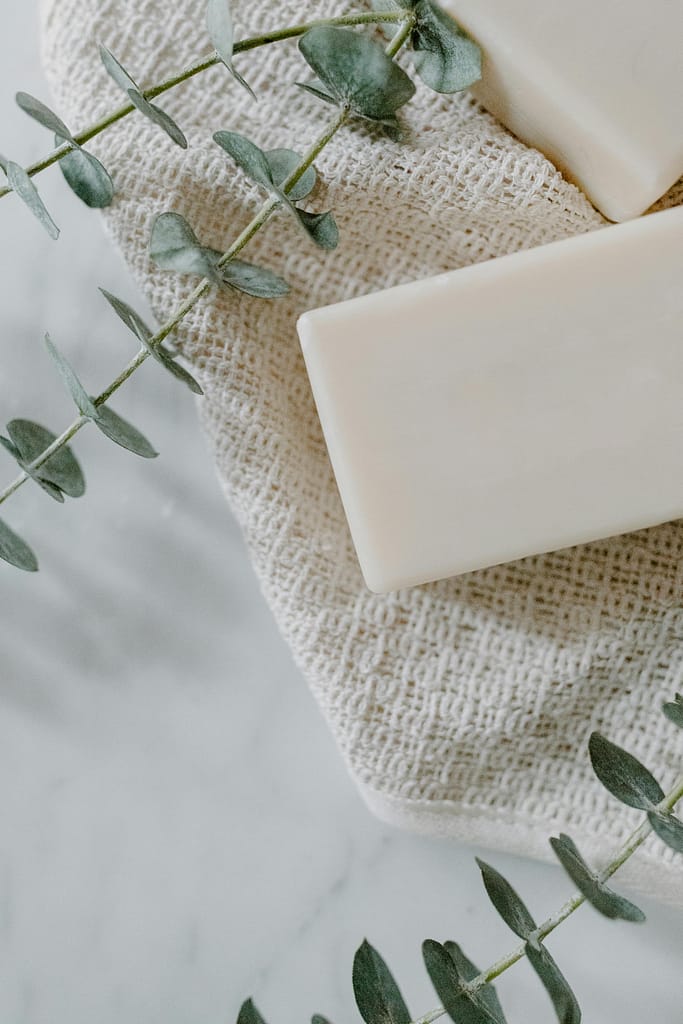
A Fragrance-Free Home Is a Lifestyle, Not a Label
This journey isn’t about perfection. It’s about slowing down, being curious, and honoring your body’s signals.
Choosing fragrance-free means choosing:
- Fewer triggers
- Fewer toxins
- A calmer home
- A clearer head
- A more honest sensory life
Your home may feel less “impressive” at first—but far more real. More you.
Fragrance-free living is less about what you remove and more about what you make space for.
Space to breathe. To think, feel, and heal.
And maybe the quietest homes are the ones that hold us the most.
Your Turn: Reflect & Personalize
(Answer in the comments or journal your thoughts—this is your journey.)
- What first made you curious about fragrance as a health issue?
- What’s your favorite fragrance-free swap so far?
- Have you noticed emotional or hormonal changes since removing artificial scents?
- Do you have any scent rituals now (tea, herbs, barn air) that feel grounding?
- How do you talk to guests or family who don’t understand why you avoid scented products?
Want more thoughtful wellness content like this?
Join my email list for slow living tools, gentle home detox ideas, and honest stories from the journey. No spam. Just support.
Join the 138 Jenny Lane Community
Sign up to receive new posts, sale alerts, and exclusive giveaways in your inbox!
